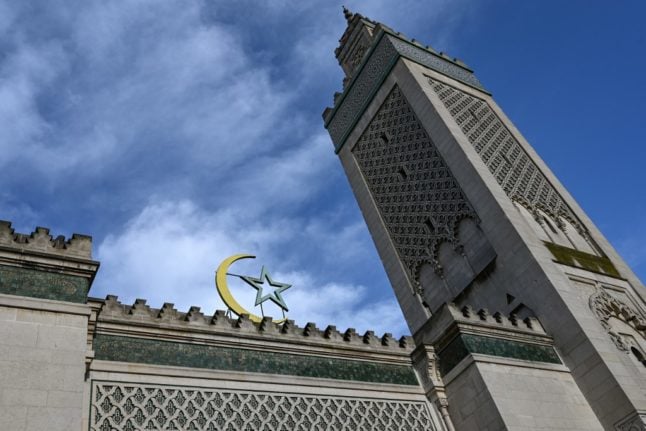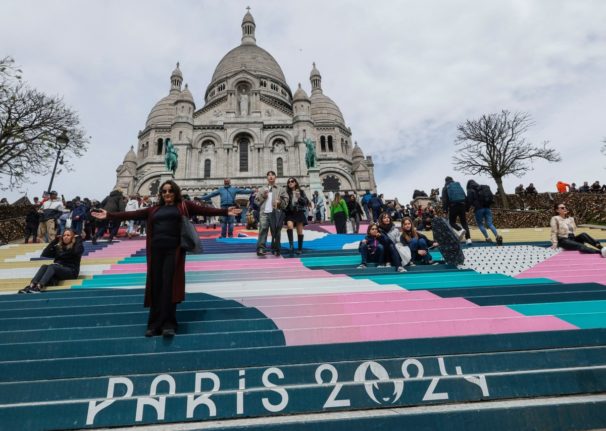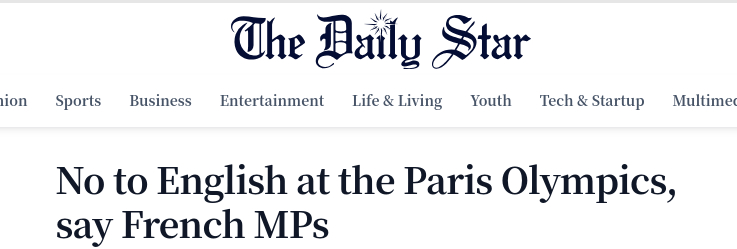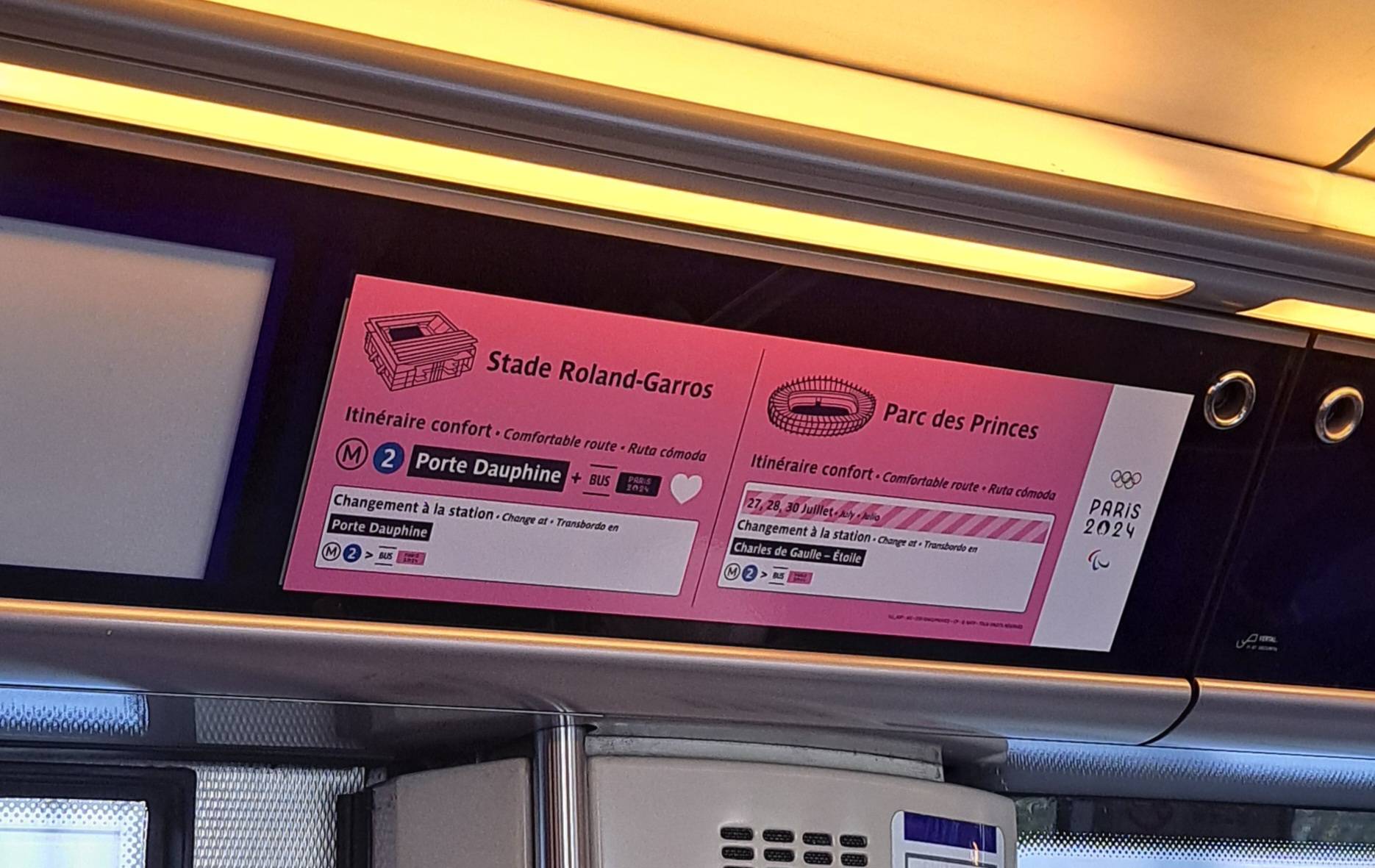The charter rejects “instrumentalising” Islam for political ends and affirms equality between men and women, while denouncing practices such as female circumcisions, forced marriages or “virginity certificates” for brides.
French Council of the Muslim Faith (CFCM), a body set up almost 20 years ago to enable dialogue between the government and the Muslim community, broadly welcomed the charter and five of its eight federations signed on Sunday.
READ ALSO: French Muslim groups draw up charter to reject 'political Islam'
However, the other three groups said on Wednesday they could not join their colleagues.
“We believe that certain passages and formulations in the text submitted are likely to weaken the bonds of trust between the Muslims of France and the nation,” the three groups said in a statement.
“Furthermore, some statements are prejudicial to the honour of Muslims, with an accusatory and marginalising tone.”
Macron had railed against the promotion of “political Islam” in France in November last year after a teacher was beheaded outside his school.
He had shown pupils cartoons of the prophet Mohammed as part of a free-speech lesson.
The attack prompted a crackdown against extremist mosques and Islamist associations, along with a vigorous defence of French secularism.
Macron said this week that the charter offered “a clarification of how the Muslim community is organised”.
ANALYSIS: Has Macron succeeded in creating an 'Islam for France'?
It will also provide a framework for a new National Council of Imams that will be responsible for vetting imams practising in the country.
The future of the charter is now uncertain.
The three groups – two of which are Franco-Turkish organisations and the other which describes itself as a teaching and cultural group – said they would be willing to sign up only after a “broad, democratic and participatory consultation”.
“In order to adopt this charter, we must recognise ourselves in its content. It would not be useful to sign a text that our community cannot serenely accept,” they wrote.





 Please whitelist us to continue reading.
Please whitelist us to continue reading.
Member comments